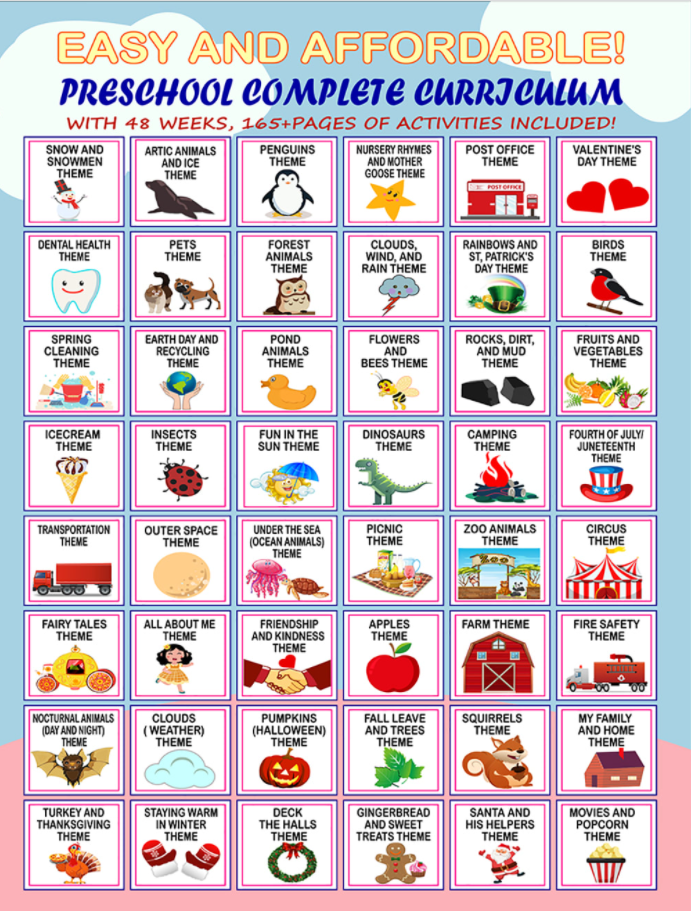DRAMATIC PLAY : WHAT IT IS AND WHY IT IS IMPORTANT!
- D D
- Mar 10, 2022
- 3 min read

#daycarechronicles #daycare #daycareteacher #daycarelife #babies #parents #daycareprovider #daycareparents #infants #toddlers #daycareworker #nursery #kids #preschool#curriculum #consulting #marketing
What is Dramatic Play?
Have you ever watched kids play dress-up to prepare for an audience with the Queen, or pretend that they’re astronauts headed into space, or leap around the living room without touching the floor because it’s lava? If so, you’ve witnessed dramatic play in action. What is dramatic play? It’s the kind of play where kids take on roles and act them out as a way of exploring themselves and their surroundings. By pretending to be someone—or something—else, children can learn new ways to express themselves, share thoughts and ideas, and even get in touch with their feelings. Dramatic play is a very important part of childhood development.
What are Types of Dramatic Play?
There are two types of dramatic play. They are:
Structured Play: This is the kind of play where there’s a game plan for the kind of play that kids are engaging in. This could mean a teacher or parent has created a scenario that has a definitive end point. For example, maybe they’re shopping at a grocery store, shipping a package at the post office, or buying a bouquet at the flower shop. In these scenarios, there are defined roles that are dictated by the situation, and the play leads to a specific conclusion (for example, completing their purchase at the grocery store).
Unstructured Play: This form of dramatic play is more freeform and left up to the kids to choose how they want to play, and how—or even if—it ends. This is where the classic “floor is lava” scenario comes into play, but other examples might be pretend play like being a dinosaur stomping around the living room or using a spoon as a “magnifying glass” while hunting for butterflies in the basement.
Examples of Dramatic Play
Young children may engage in dramatic play in a variety of ways, including:
Role-playing, such as being the parent to a doll or pretending to be a doctor seeing patients
Dressing up, whether putting on their parents’ clothes and shoes, or putting on a costume that was made specifically for them
Fixing things like the TV, the kitchen faucet, or the car, offering their diagnoses of the problem and how they can solve it
Exploring and adventuring, whether in their own room or the backyard, discovering new creatures and unseen worlds
Why is Dramatic Play Important?
Dramatic play benefits are numerous. In addition to supporting creativity and self-expression, dramatic play can help children learn real life skills and social skills that can serve them throughout their lives, from engaging in dramatic play for toddlers, to playtime in their preschool classroom, and beyond. Technology can also play a role in dramatic play , giving kids an entirely different arena in which to explore themselves and the world around them.
The benefits of dramatic play include:
Learning conflict resolution, helping children to learn creative problem-solving skills alongside their peers
Exploring self-empowerment, allowing kids the opportunity to make choices, act out their feelings, and find a new connection to themselves
Learning math and literacy, particularly in play that includes playing with numbers (like the grocery store game)
Blowing off steam, so overly energetic children have another outlet to decompress and have fun
Engaging in language development, encouraging kids to express themselves in different ways, whether playing a role or playing as themselves
Embracing self-regulation, especially in role-playing where children are expected to fulfill a particular part in the play scenario






Comments